This sounds absolutely awful, but reading the word 'suffragette' all I can envision is sitting in a boring, dark history class watching a power point of images white, middle-class women holding signs. That’s all I remember of women’s history in school - a week or two on the difference between the suffragists and the suffragettes and how they got us the right to vote, case closed. We were taught the few key names and facts. Job done.
This wasn't dissimilar to much of our school curriculum. The roles and voices of women in history are often ignored, silenced or re-written from a male perspective. In truth, women played a much greater role in British and world history than we were lead to believe.
The suffragette story is one of the most well known 'women's stories' but even their story is largely mis-told. Our common misconceptions about the group that fought for our right to vote are many and myriad.
The Debrief spoke to Diane Atkinson, a British historian and expert on the suffragettes, in order to do away with these misapprehensions once and for all.
Myth One: The Suffragettes and Suffragists were sworn enemies
According to Diane, this long-held view is utter bullshit and the result of a typically male view of women at odds having ‘cat-fights’. The fact that our history has often been told by men serves as further reminder that we must take our historical teachings with a pinch of salt (in the same way we’re taught about British colonial history as if it’s not the worst thing this country has ever done, but that’s another story).
The suffragettes and suffragists were actually friends, attending each other’s events and donating to each other’s fundraisers. It was only in 1912 that things got awkward, when the suffragettes became more militant in their approach.
Myth Two: All the Suffragettes ever did was tie themselves to railings and throw themselves under horses
This is one I definitely fell for, only distinctly remembering Emily Davison being trampled by the King’s horse in an act of defiance. In fact, the suffragettes were much more imaginative in their effort to terrorise the Liberal government. According to Diane, they weren’t just ‘one trick ponies’, they also partook in hunger strikes, disrupted political speeches, set fire to public and private property.
Myth Three: The Suffragettes excluded working class women
There’s a strongly held belief that the suffragettes were merely comprised of white, middle-class posh women who were only interested in improving their own lives. While there is only one known woman of colour recorded as a British suffragette, it wasn’t true in terms of class.
Diane argues that the suffragettes were actually extremely inclusive, encouraging working class women into the campaign because ‘they had the worst lives of all’. In fact, the first branch outside Manchester- where the movement started- was in London’s Canning Town, one of the poorest neighbourhoods in the country.
She is also adamant that the lack of women of colour in the campaign wasn’t an exclusion problem, but more so an issue of historians being unable to find their stories. She explained:
‘The only woman of colour I and all the other suffragette historians know about was Princess Sophia Duleep Singh, an Indian princess who lived in England all her life. She’s the only woman of colour we can present and I’ve spent four years looking for all different kinds of new stories for the book. That isn’t to say they’re not there, I’m hoping my book will trigger interest for people to find their stories. I want local history groups to roll up their sleeves and find out more about these women.’
So why have we been taught that the suffragettes weren’t inclusive? According to Diane, it’s all down to the press coverage of the campaign.
‘The problem is you see photographs in books and its pretty, well-dressed, middle-class white women who’ve got nice hats and frocks, but really that’s grown over the years because press photographers always pick the “prettiest” women. They like the nicest dressed women, someone who is going to look nice in the photograph, so there were a lot of women who weren’t as well dressed or looking as nice who weren’t photographed. Its’ not so much that middle-class women were excluding working class women it’s that photographers weren’t interested in taking their pictures.’
I wonder what gender the press photographers were back then, hmmm.
Myth Four: Women’s suffrage campaigns started in the 20th Century
It may be true that the suffragettes became more mobilised in 1906 with Emmeline Pankhurst at the helm, however demands for women’s suffrage began well before this. In 1792, Mary Wollstonecraft wrote A Vindication of The Rights of Women, which was the starting point in a conversation surrounding women having equal fundamental rights to men.
Another timely point often ignored? 1832, when the Representation of the People Act first came into being and referred only to ‘male persons’ under specific circumstances having the right to vote. According to Diane, this was when the first steps to vote came, in direct response to the barring of women. The movement then experienced a series of growing and dying until it really mobilised in the 20th century.
Myth Five: The suffragette movement ended in 1918
The current centenary celebration is for the first enfranchisement, the reformed Representation of the People Act in 1918, which enabled women over 30 who met minimum property qualifications the right to vote. Women over 30 years old received the vote if they were either a member or married to a member of the Local Government Register, a property owner, or a graduate voting in a University constituency. This same bill abolished all property qualifications for men, extending the vote to all men and only some women.
It took another 10 years after the original Representation of the People Act 1918 for all women to get to vote on equal terms as men. This isn’t old news to a lot of us, however it does surprise people that the suffragettes continued to fight on after their initial success.
Diane can attest to this, ‘there was a great sense of happiness that so many women were going to be able to vote and 8.4 million women did vote in 1918. But then there was always the need to equalize things and it took 10 years for that to happen and that was really the government finding other things more important,
‘But the important thing was that the sex barrier had been breached, it wasn’t a question of “if” it was going to happen, it was “when”, and women were plugging away at that from 1918, they didn’t sit back and think that’s enough were done now, they were very keen to keep at it.’
It’s in speaking to Diane that the phrase ‘women died for you to get the vote’ really hits home. We hear this line again and again during elections, but it usually falls on deaf ears because so many women can’t identify with the suffragettes. However, it’s one of their most famous slogans that is still eerily relevant today.
In an age of social media faux activism, Emmeline Pankhurst’s ‘Deeds Not Words’ matter more than ever. Much like it wasn’t enough in the 1900’s for women to simply explain why men should take them seriously as voters, it’s not enough now for us to retweet statistics, post pictures of us with our fists in the air and wear slogan tee’s. True change comes from putting the ACT in your activism. Don’t just take my word for it, take the word of a woman who has biographized 200 of the most influential women in our history:
‘I think we need to have that slogan back again and women in all different areas of life, all different places with a whole load of issues can be more assertive. Think about the incredible suffering these women endured, we need to salute and honor them and think “they did that for us, what are we doing for the next generation?”,
It’s a message Diane hopes to spread with her book, *Rise Up Women! The Remarkable Lives of the Suffragettes which is out now, published by Bloomsbury *.
‘I want to tell everyone about what the suffragettes did and how amazing they were, how they came from all classes, all backgrounds all parts of the country with all life experiences and think “wow, they did that, what am I going to do?”’
So, what are you going to do?
READ MORE: Women on Instagram who take their activism beyond social media...
Inspirational Instagram Accounts You Should Follow
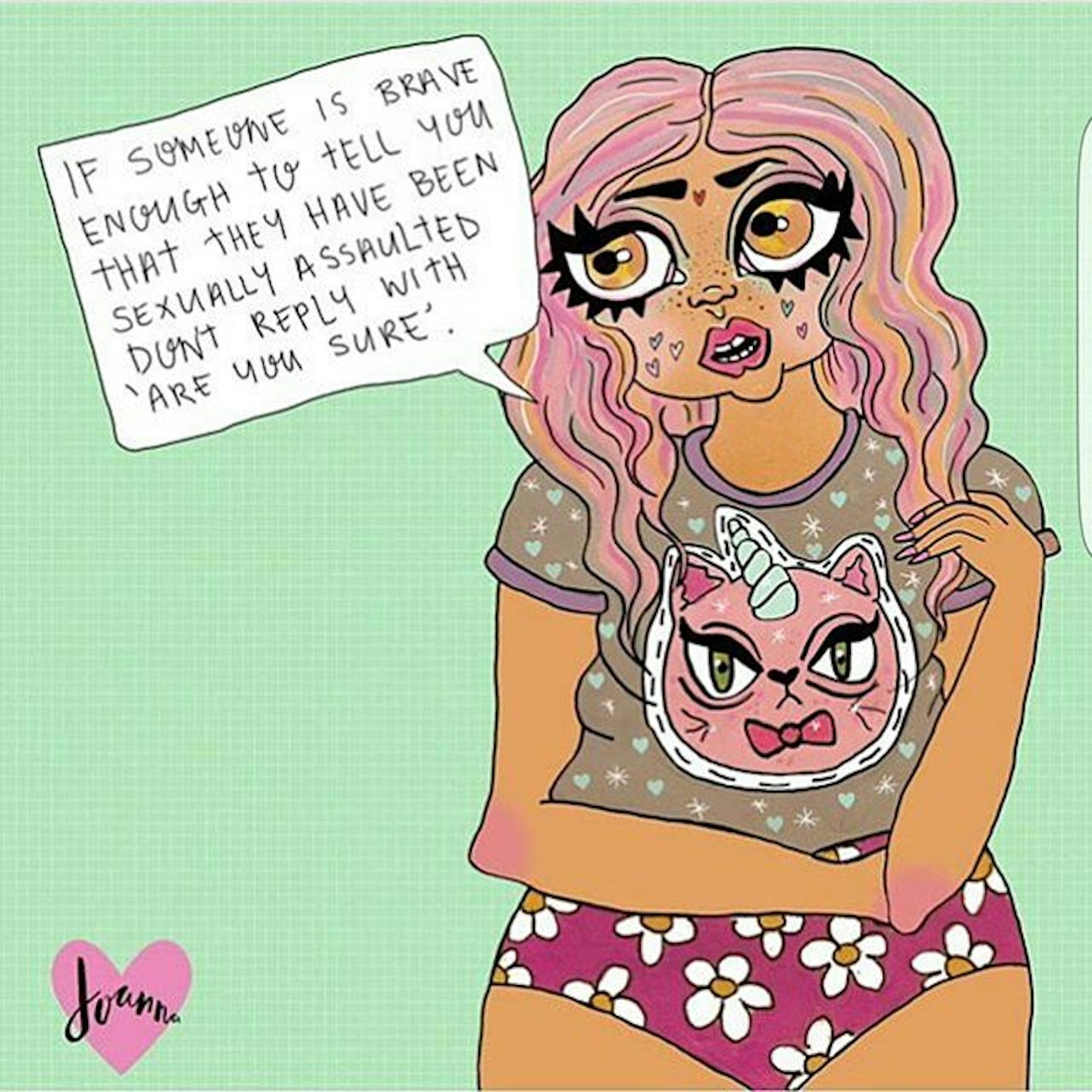 1 of 24
1 of 24Women In Comics
Illustrating inspirational images and depicting women in comic form, this account will brighten up your timeline with some home truths in the form of pretty pictures.
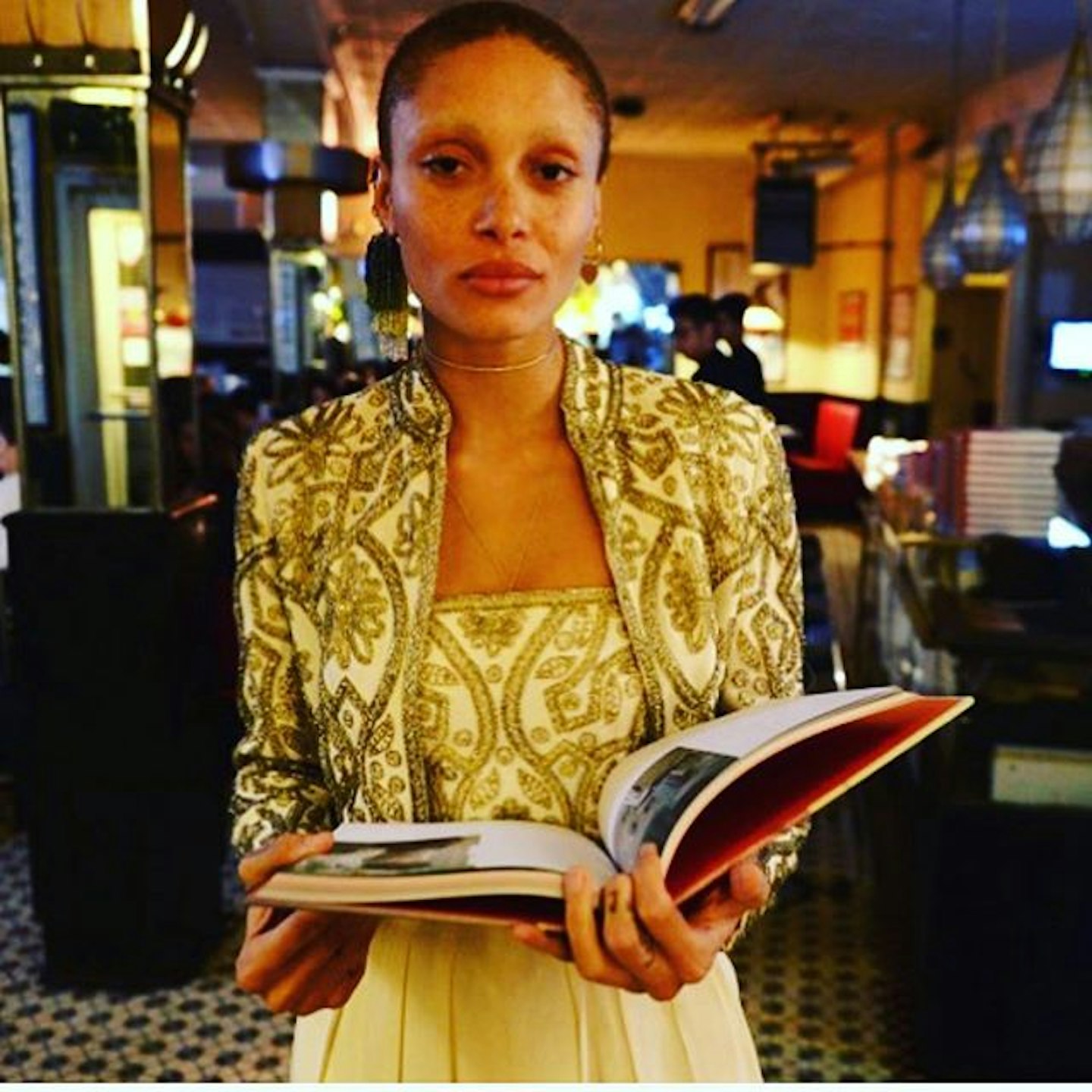 2 of 24
2 of 24Adwoa Aboah
This insanely beautiful model founded GURLS TALK, an online community where women from all backgrounds can share their personal experiences in a safe space.
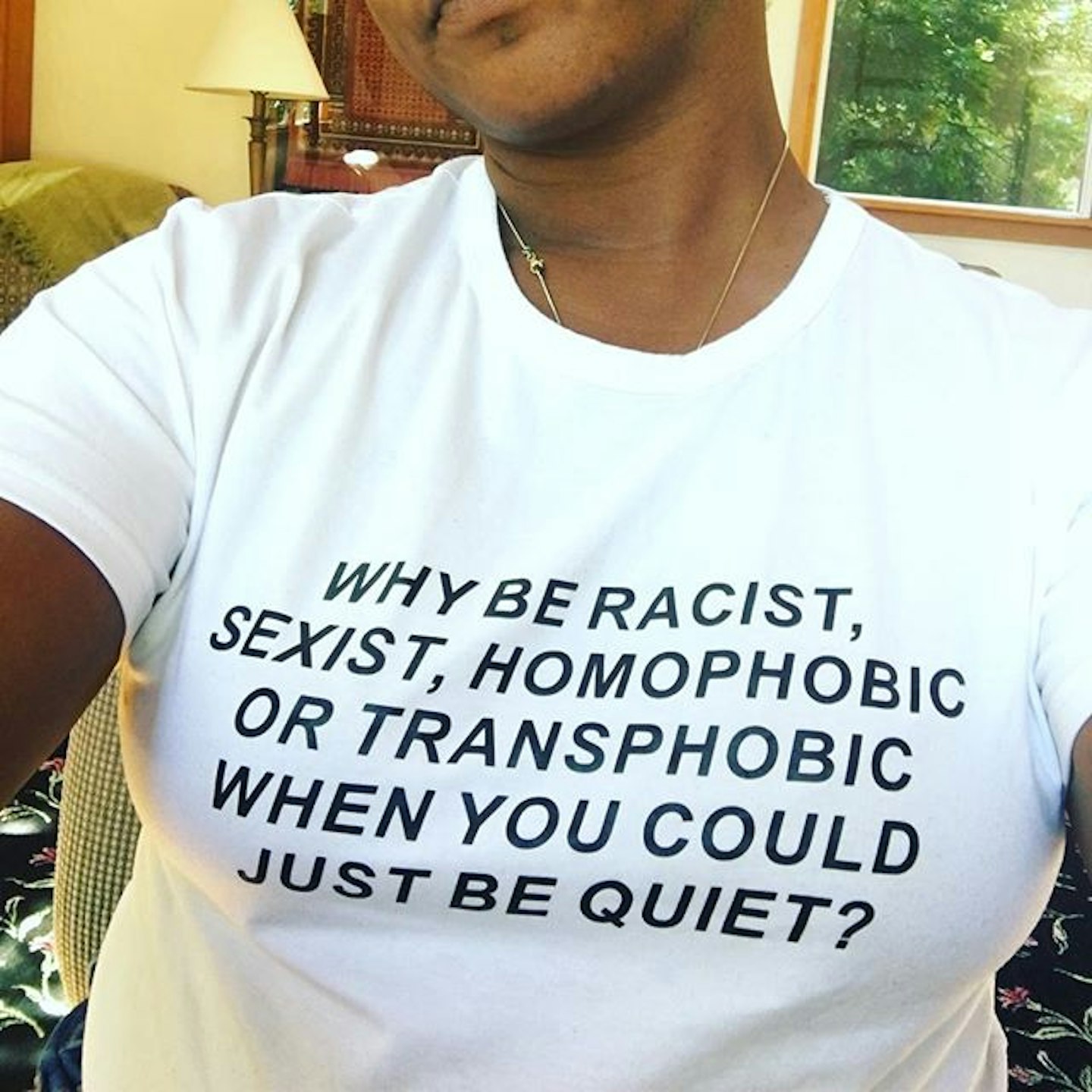 3 of 24
3 of 24Alicia Garza
Alicia is an editor and activist who co-created #BlackLivesMatter. Her feed is a mixture of relatable memes, unfiltered selfies and educational posts to keep you woke.
.jpg?auto=format&w=1440&q=80) 4 of 24
4 of 24Amandla Stenberg
You might recognise this actor from The Hunger Games, when she played the character only character we cried endless tears for, Rue. Now, while still acting, she's a full-fledged activist posting about everything gender, feminism and black culture.
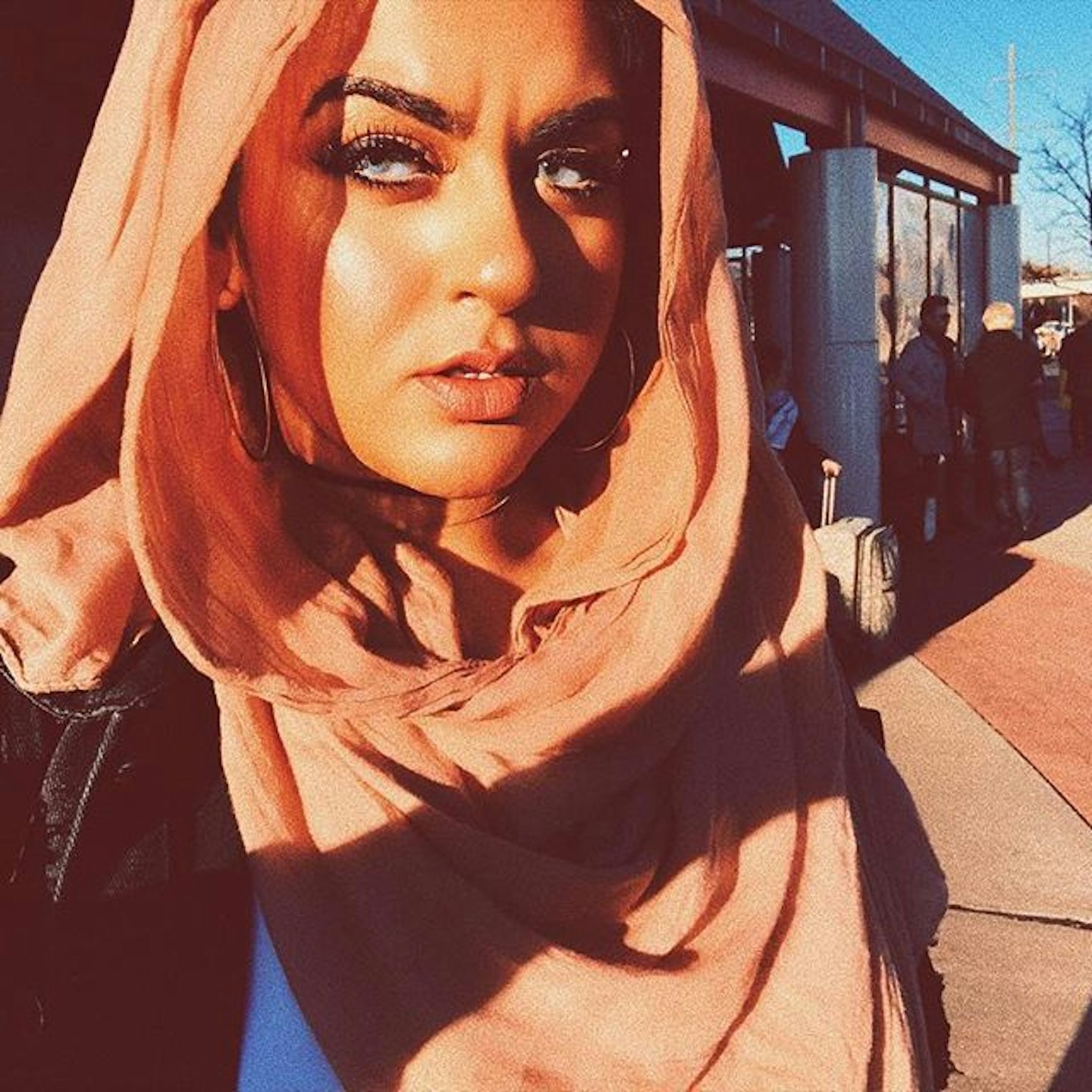 5 of 24
5 of 24MuslimGirl/Amani
Amani created the fast-growing activism account @MuslimGirl, another one you should definitely follow. She has spoken across the world about Muslim women and posts everything from badass selfies to stats you need to know.
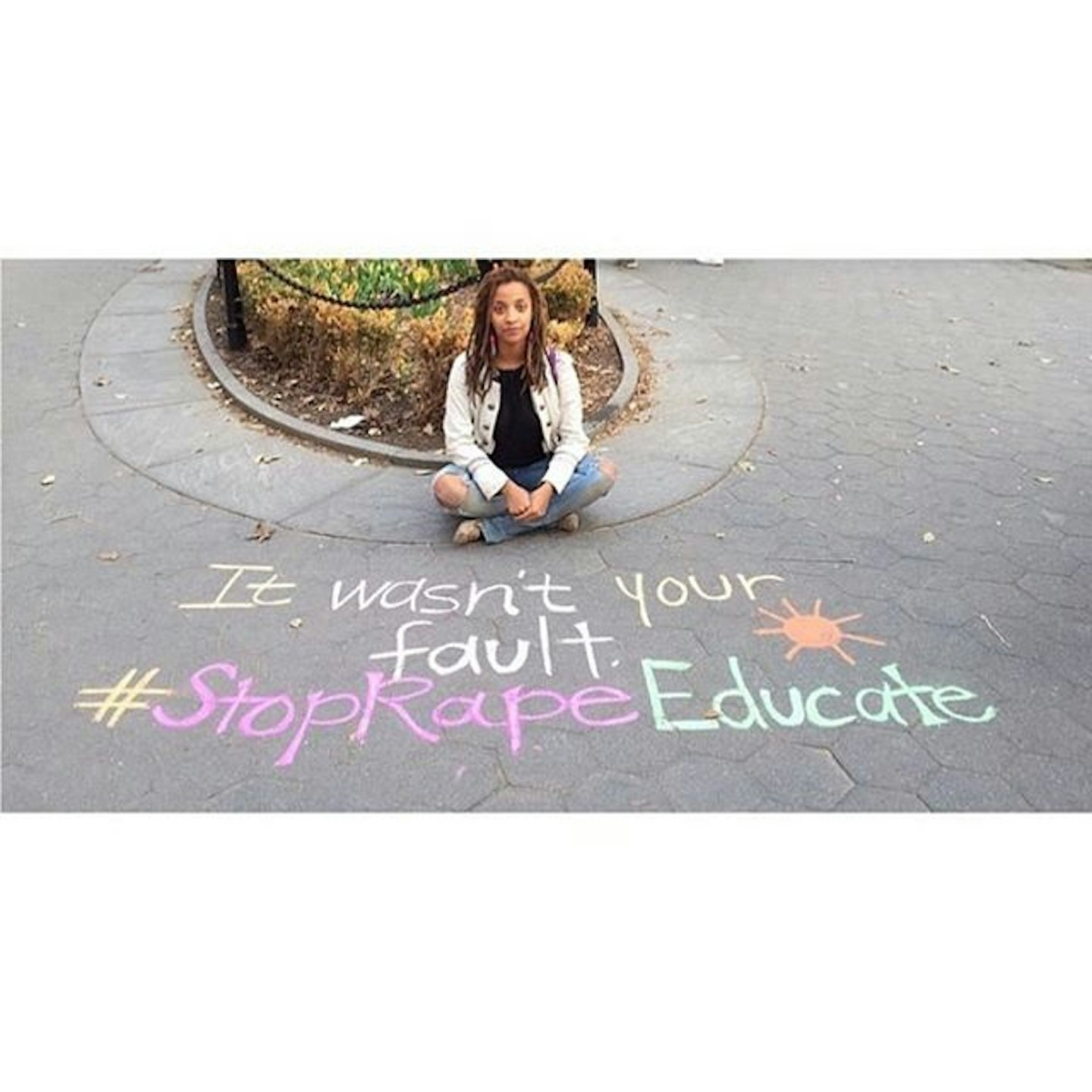 6 of 24
6 of 24Amber Amour
Amber created @CreatingConsentCulture which aims to educate people on rape culture and support rape and sexual assault survivors. She's also outspoken about racism and sex work, her feed will be endless many dinner party talking points.
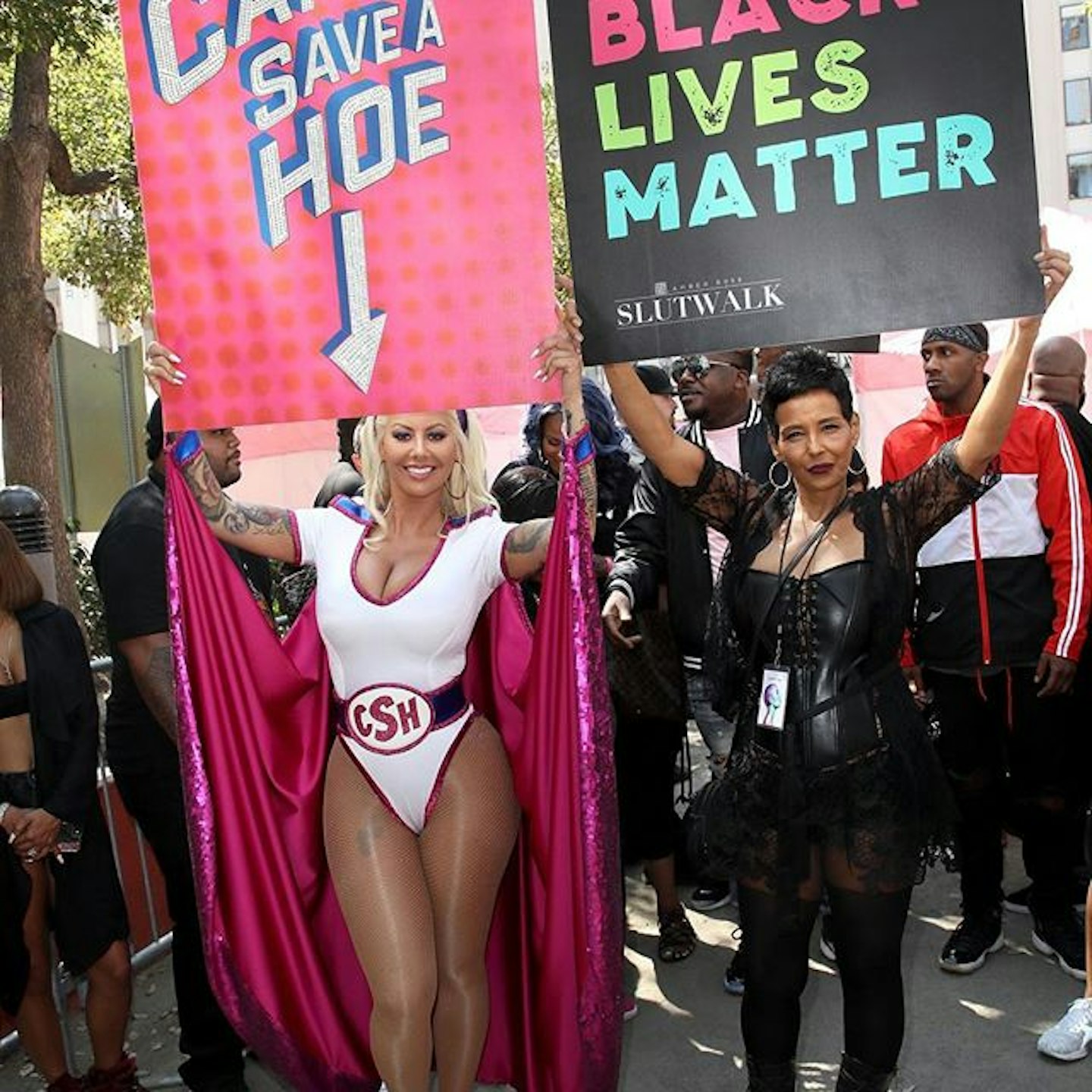 7 of 24
7 of 24Amber Rose
You may only know Amber Rose as Kanye's ex, but think again. Amber is a sex positivity icon, with her own pocast 'Loveline with Amber Rose' up until 2018 that aimed to promote healthy sexual relationships and self-love. If you can get past the fact she advertised flat tummy tea once (fgs Amber), you'll love her feminism-filled feed.
.jpg?auto=format&w=1440&q=80) 8 of 24
8 of 24Beverly Bond
Author of 'Black Girls Rock', Beverly's posts will have you both inspired and enraged, filled with commentary on everyday injustices.
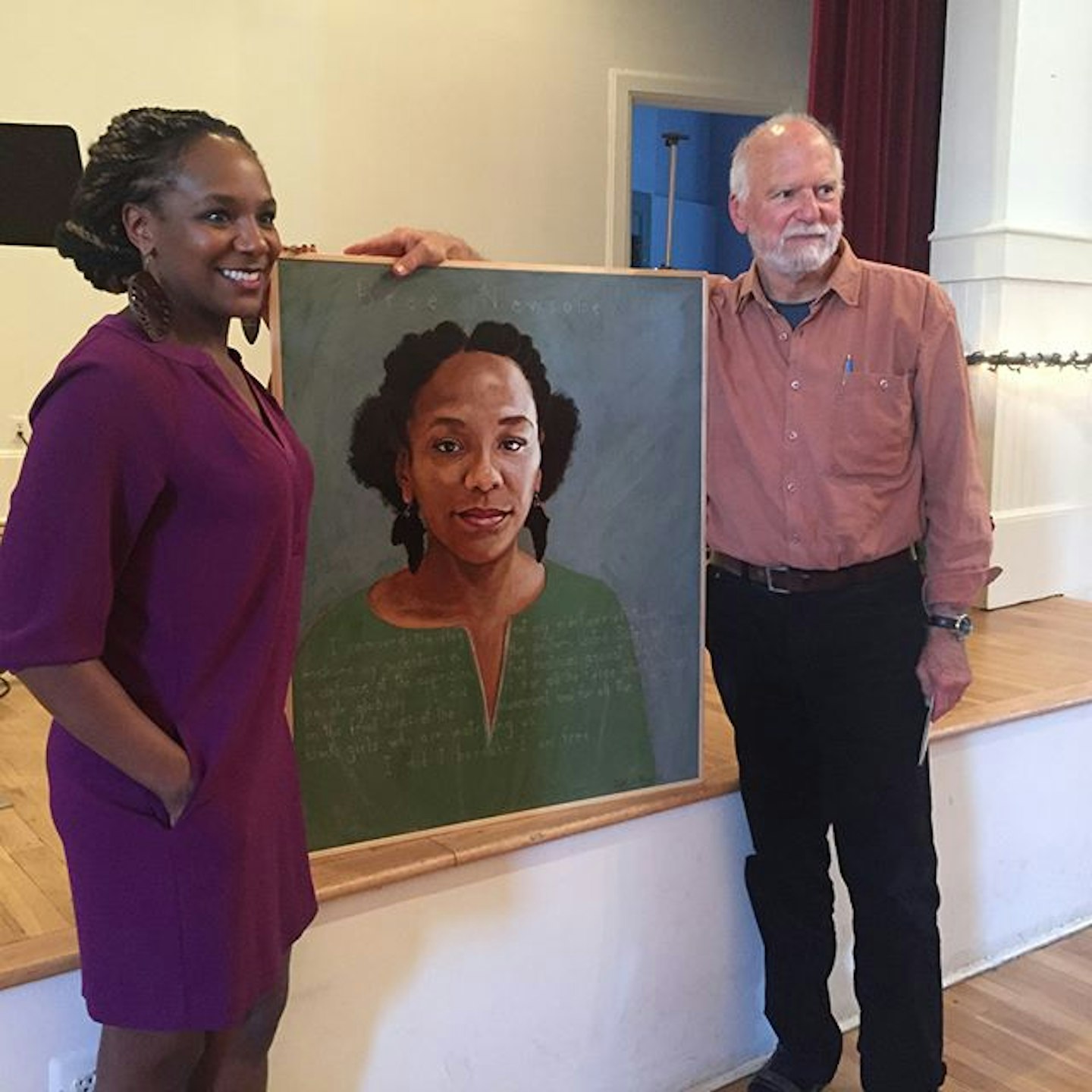 9 of 24
9 of 24Bree Newsome
You may recognise Bree as the activist who took down the confederate flag from a flagpole outside the South Carolina Capitol building. She's continuing her activism with inspiring art you need to see.
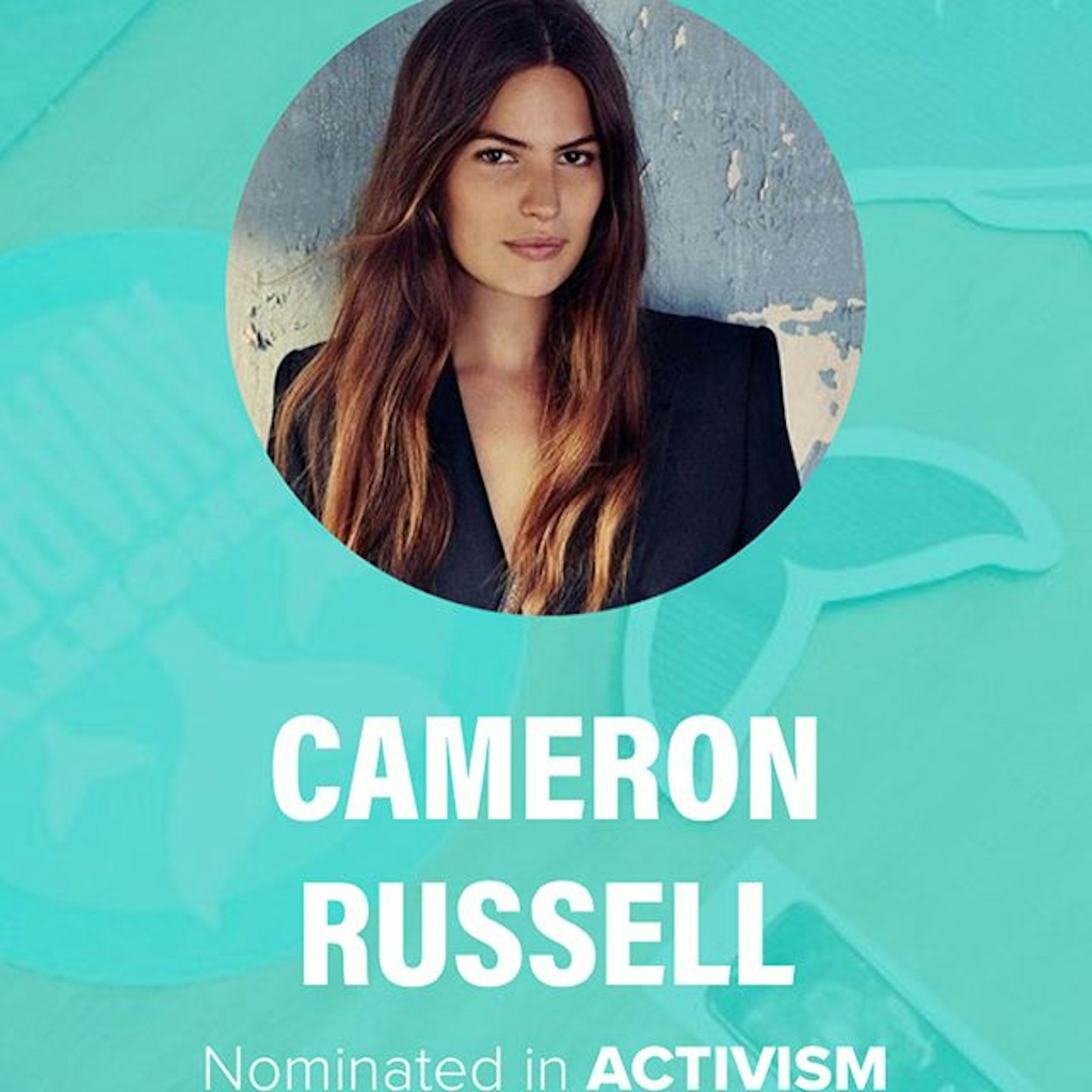 10 of 24
10 of 24Cameron Russell
An american model who called out the fashion industry for sexual harassment and assault, she started the #MyJobShouldNotIncludeAbuse hashtag. Her instagram is full of inspiring stories and educational videos exposing different injustices within her industry and beyond.
.jpg?auto=format&w=1440&q=80) 11 of 24
11 of 24Iskra Lawrence
If your not already following Iskra, your living under an Instagram rock. The body positive model started her own business, everyBODY with Iskra, to give health and fitness advice beyond just getting super skinny. You need her body posi vibes in your life.
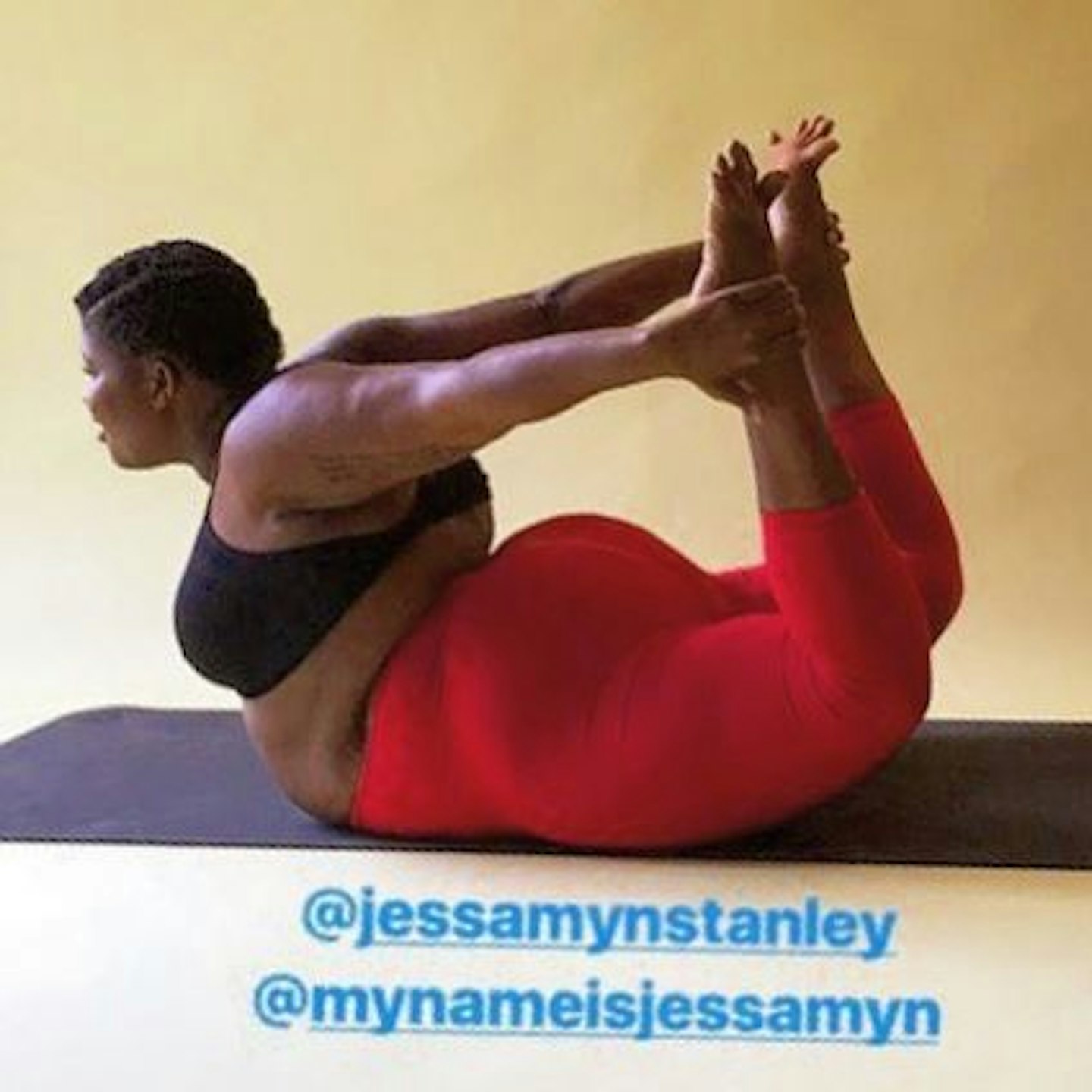 12 of 24
12 of 24Jessamyn
Another super body positive account to follow, Jessamyn is a yoga teacher regularly posting about the emotional and physical benefits of body positivity and practicing yoga.
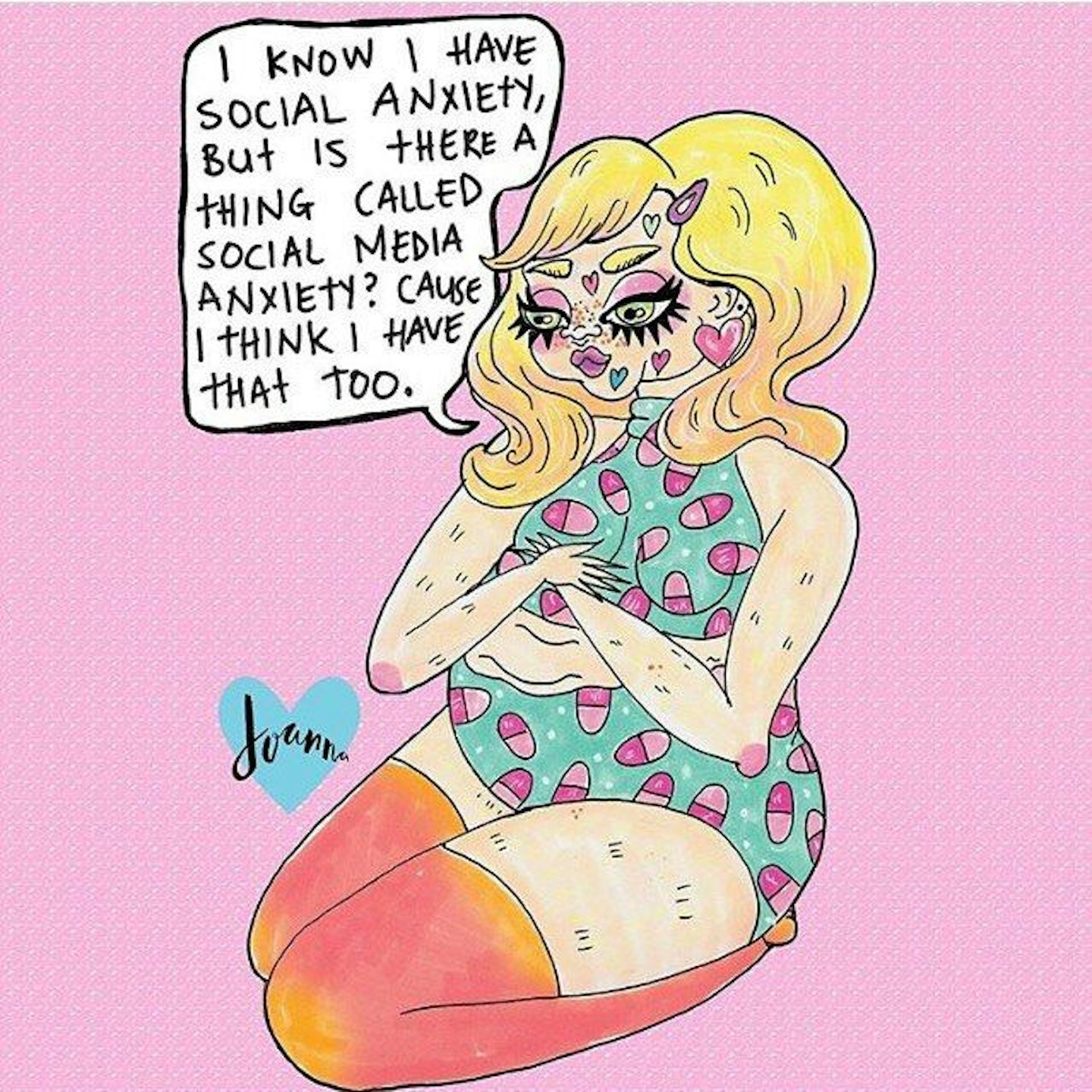 13 of 24
13 of 24Joanna Thangiah
Shun your timeline of filtered selfies and over exposed holiday destinations. It's time for some feminist, mental health aware art! This account is amazing for cute cartoons that say everything we're already feeling.
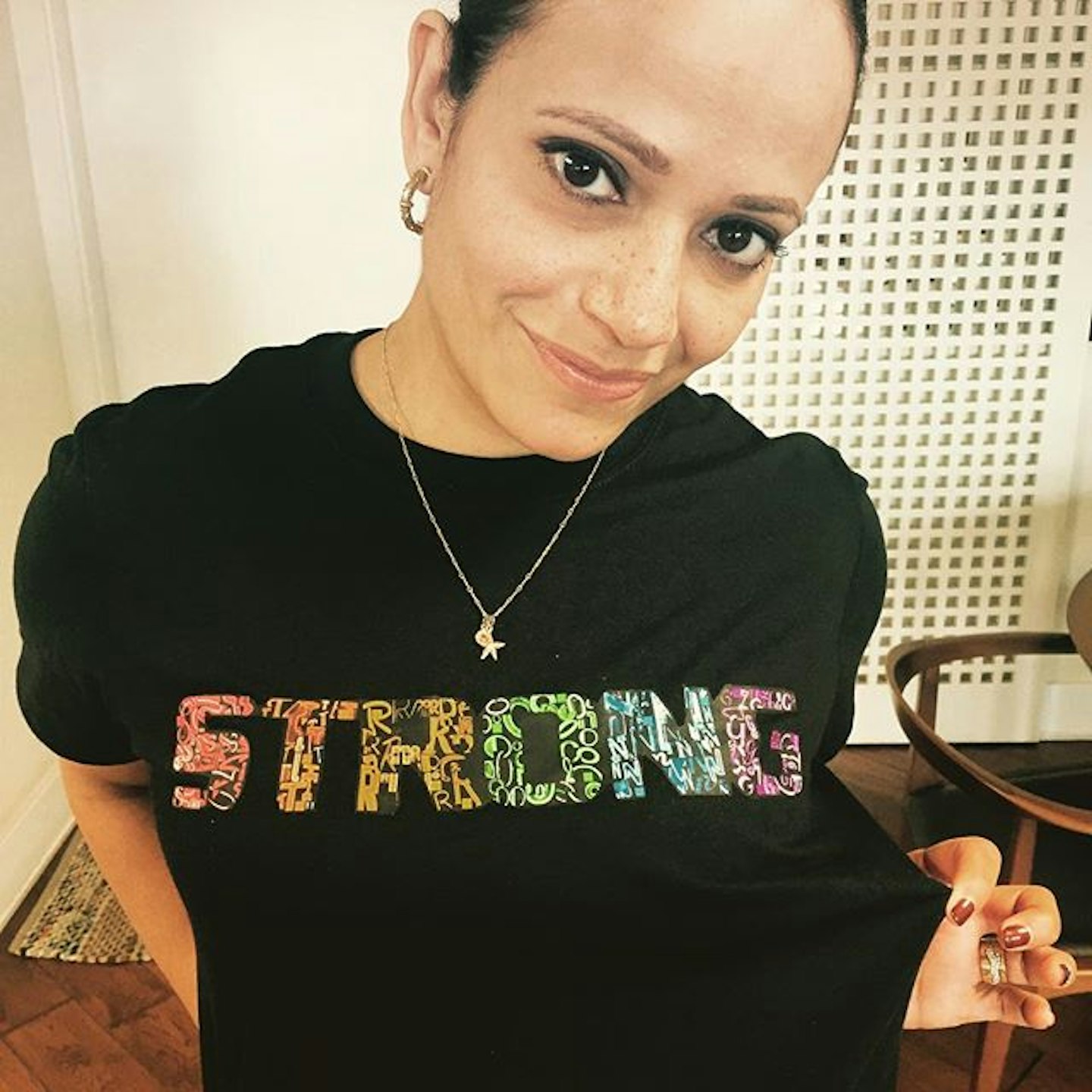 14 of 24
14 of 24Judy Reyes
You'll probably remember Judy as Carla from Scrubs, or one of the other thousand TV show she's been in throughout her insanely successful career. Unlike most Hollywood actors, her Insta is full of activism and news you need to know.
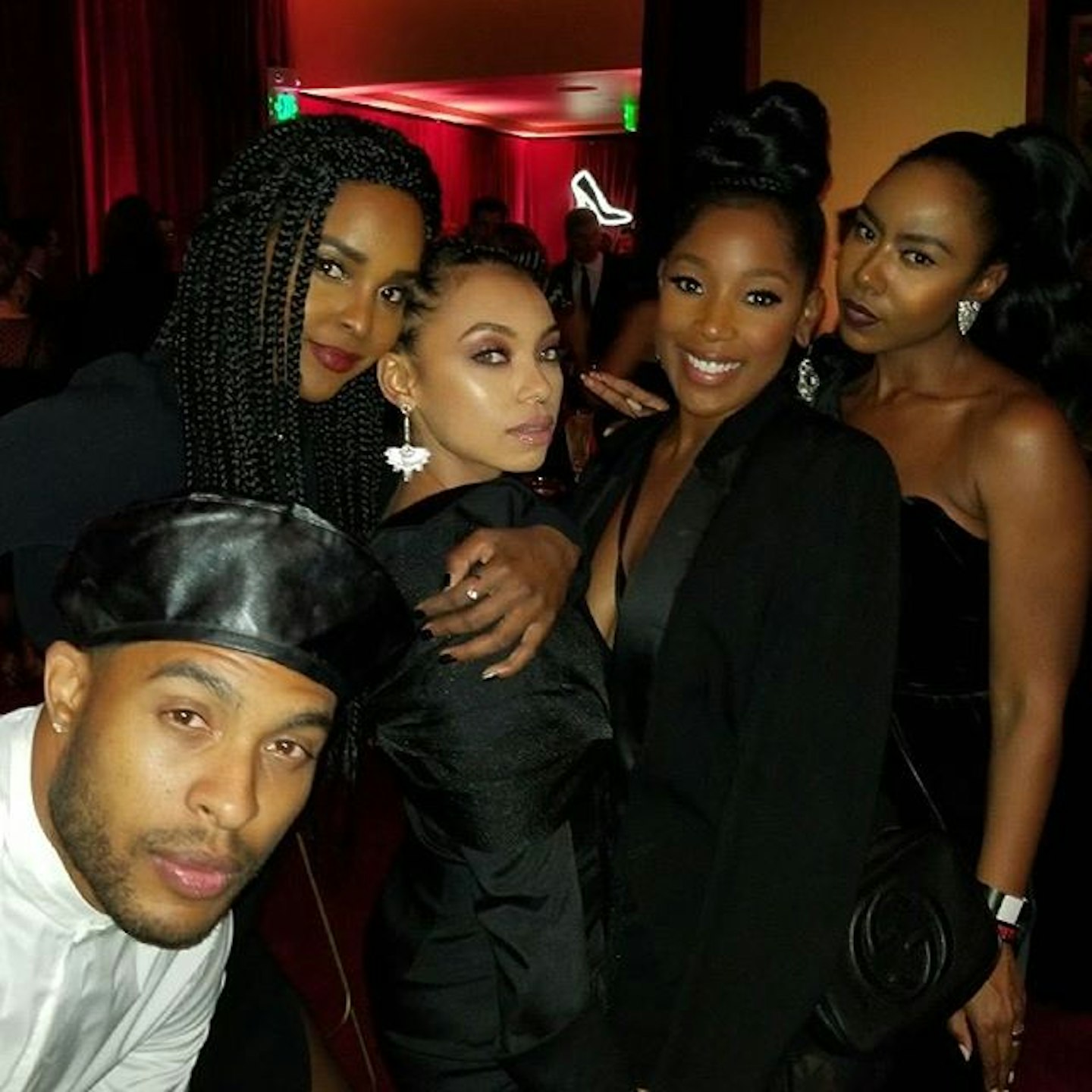 15 of 24
15 of 24Logan Browning
Activist and actor, Logan Browning is the lead of Netflix hit Dear White People. Posting powerful content and links to charities you can donate to so you can turn your online activism into action- she's a force to be reckoned with.
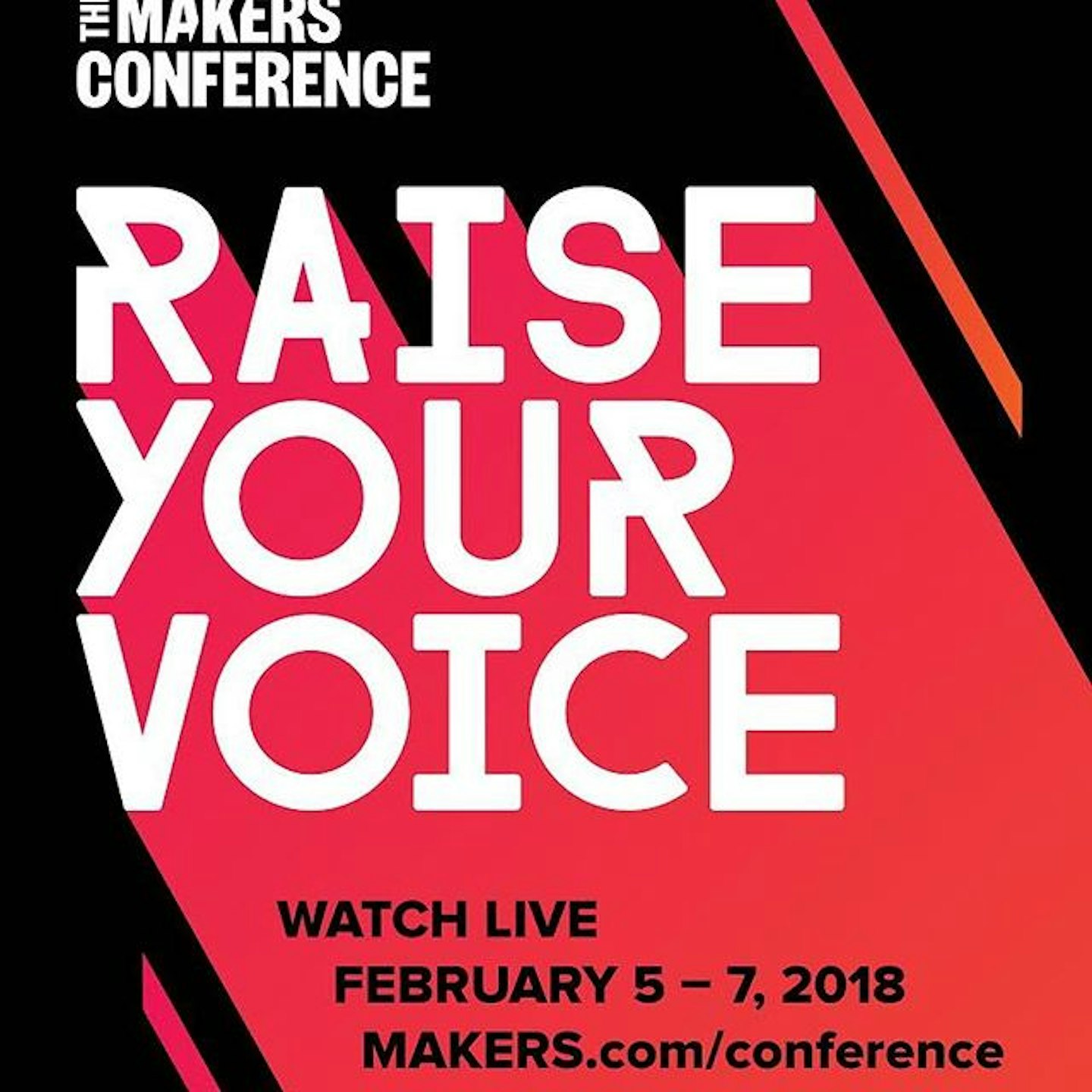 16 of 24
16 of 24Makers Women
MAKERS is a storytelling platform for women, posting quotes to keep you inspired throughout the day. Stay up to date with gender injustice, while also feeling hopeful with the powerful words these amazing women have to say.
.jpg?auto=format&w=1440&q=80) 17 of 24
17 of 24Nimisha Bhanot
Another artist you need to follow, Nimisha creates amazing prints (which you can buy) critiquing societal perceptions of South Asian women. She's based in Canada, but these prints can brighten up your timeline anywhere.
 18 of 24
18 of 24Muslim Girl
Muslim Girl, where 'muslim women talk back' is an account ran by Amani. Advocating for issues facing muslim women, both accounts are an inspiration and necessity on your feed.
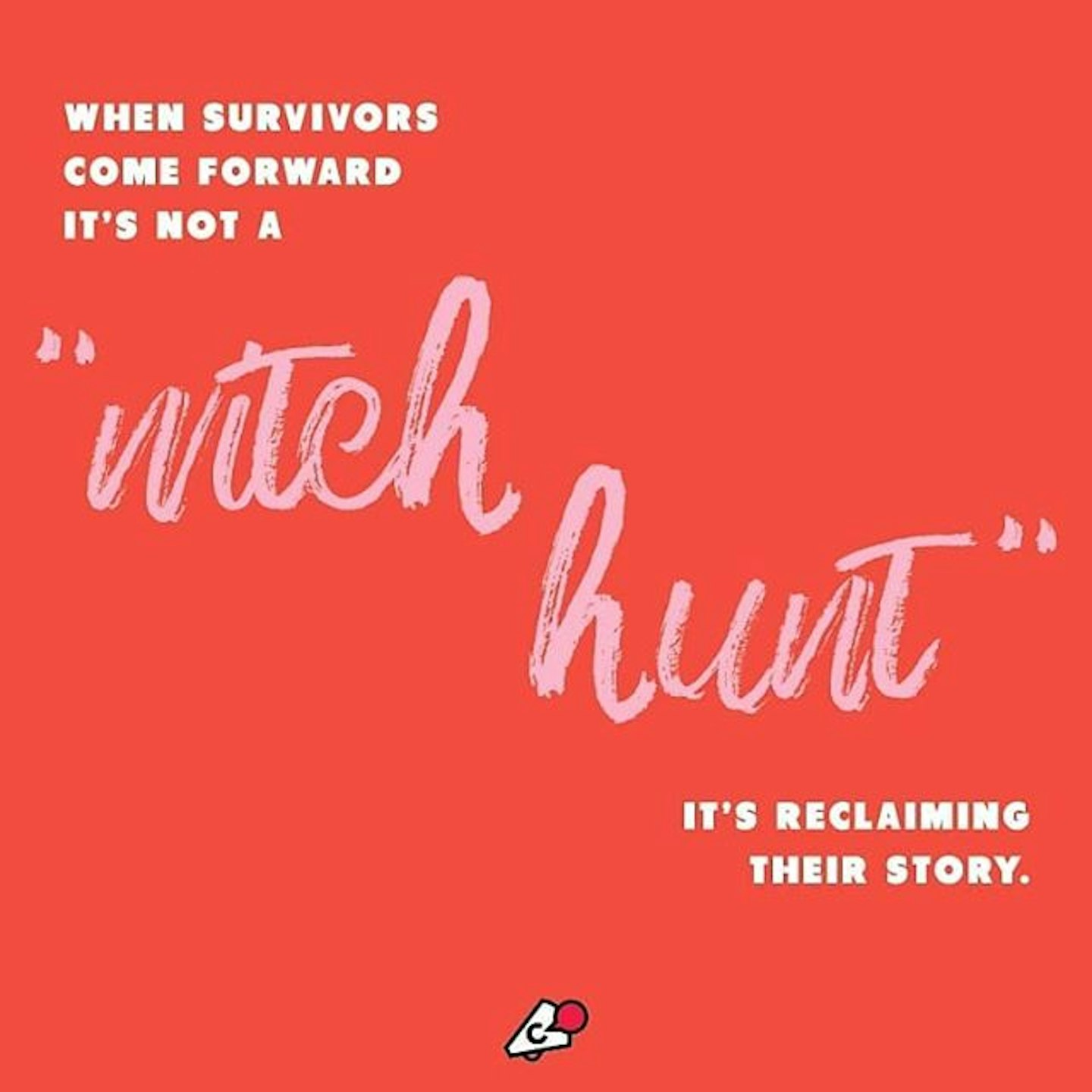 19 of 24
19 of 24Project Consent
There's no time like the present to be educating people on consent. This account does exactly that, and gives you the perfect explanations, comebacks and reminders to throw out at a dinner party if the issue comes up.
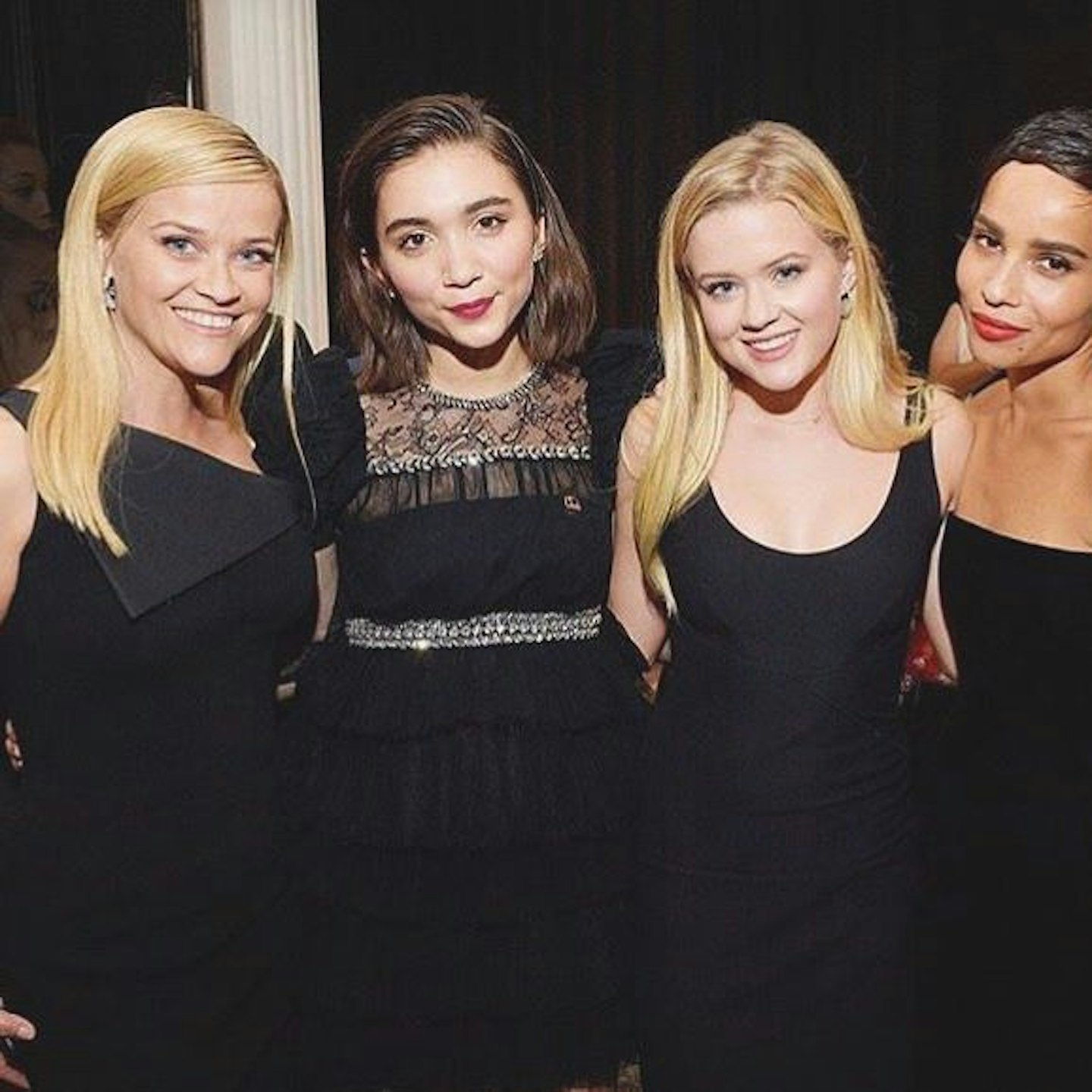 20 of 24
20 of 24Rowan Blanchard
Gone are the days of Disney stars going off the rails, this actor and activist is a beacon of positivity- especially online. Fighting gender and race injustice and beyond, she's one to watch.
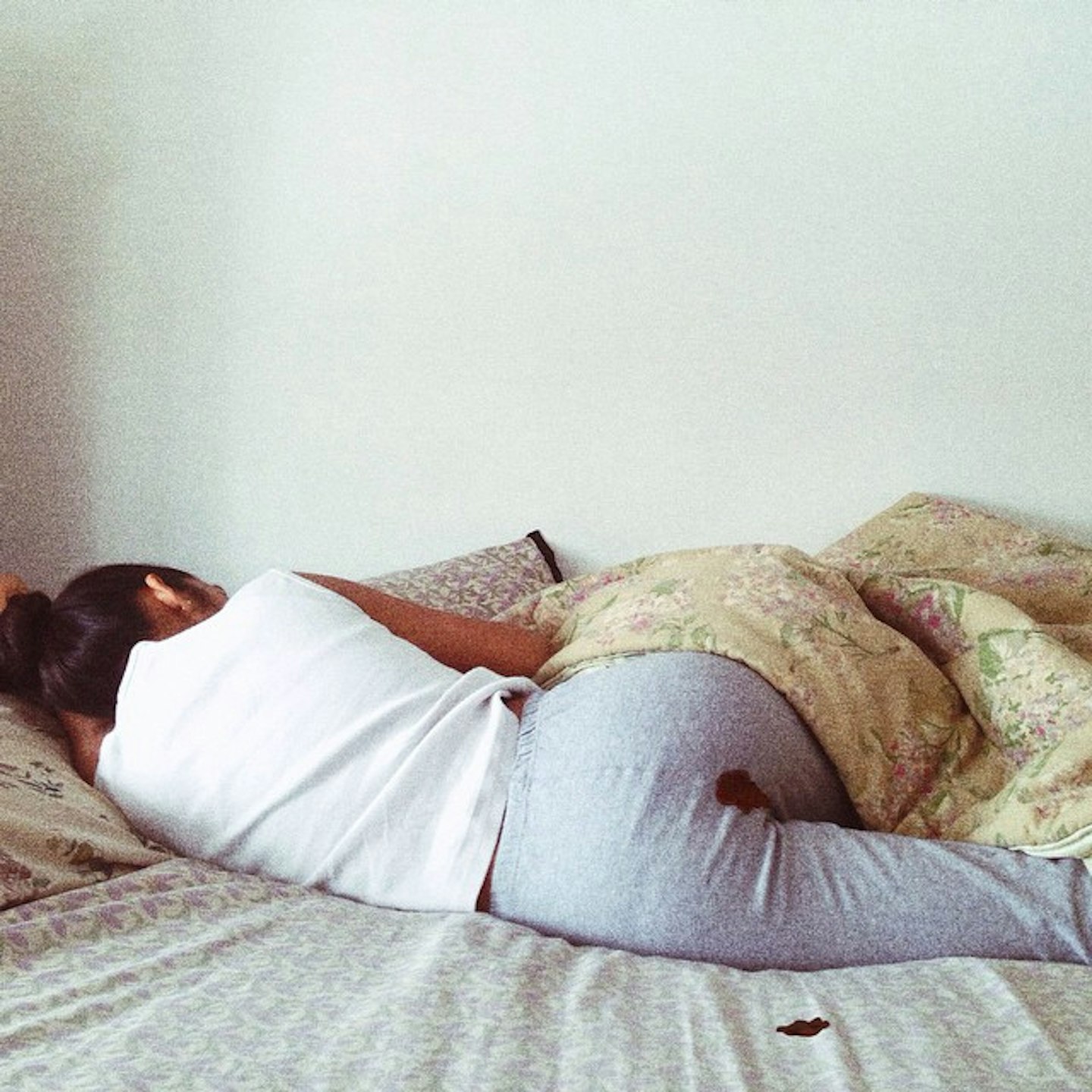 21 of 24
21 of 24Rupi Kaur
Rupi made headlines in 2015 when she posted pictures of her on Instagram with visible menstrual blood. Her posts were blocked by Instagram, causing backlash against the social media platform. She continues to break boundaries with her writing and poetry.
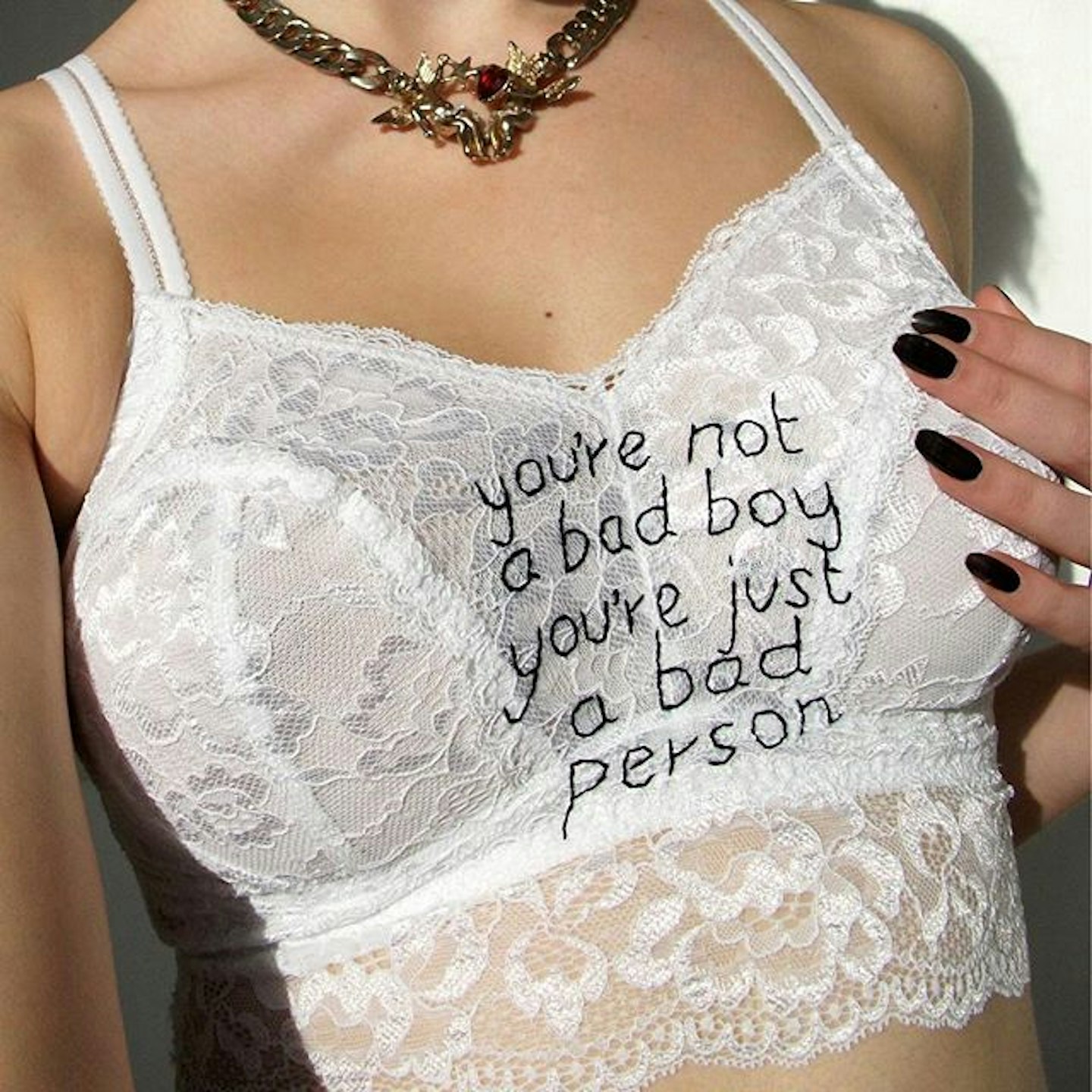 22 of 24
22 of 24Sophie King
This UK based embroidery artist is an up-and-coming star, embroidering feminist slogans onto everything from bras to roses. Bring her insta to life with her slogan t-shirts, or just stare at the pretty pictures, either way she's someone you should follow.
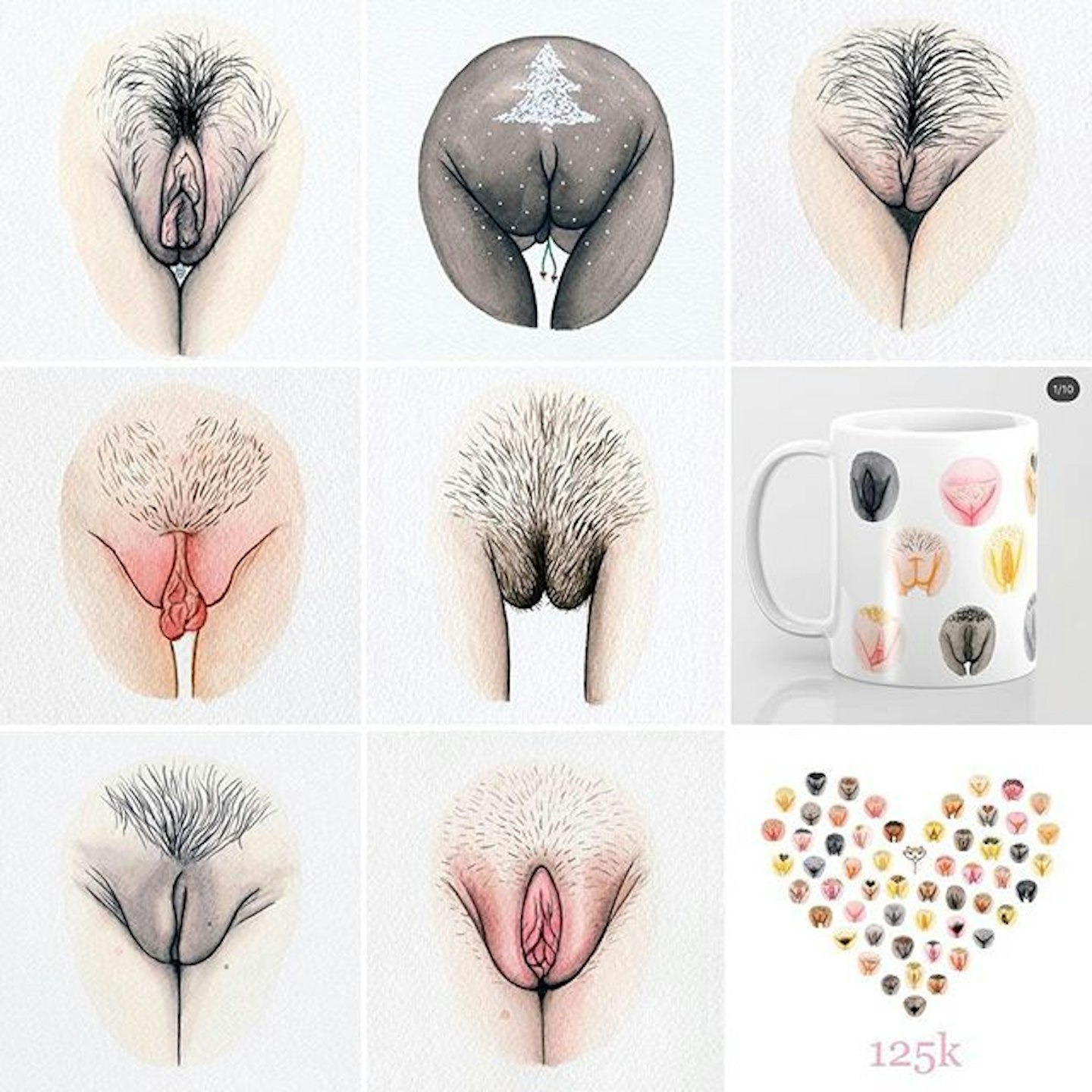 23 of 24
23 of 24The Vulva Gallery
Our favourite of all the accounts, the vulva gallery promotes self-love in an area SO often ignored. With two-thirds of women avoiding smear tests, life-saving procedures, because of the look of their vagina, it's time we stopped all of the self-loathing around genitals. Providing a regular reminder that all vaginas are beautiful, if you only follow one account of this list, it should be this one.
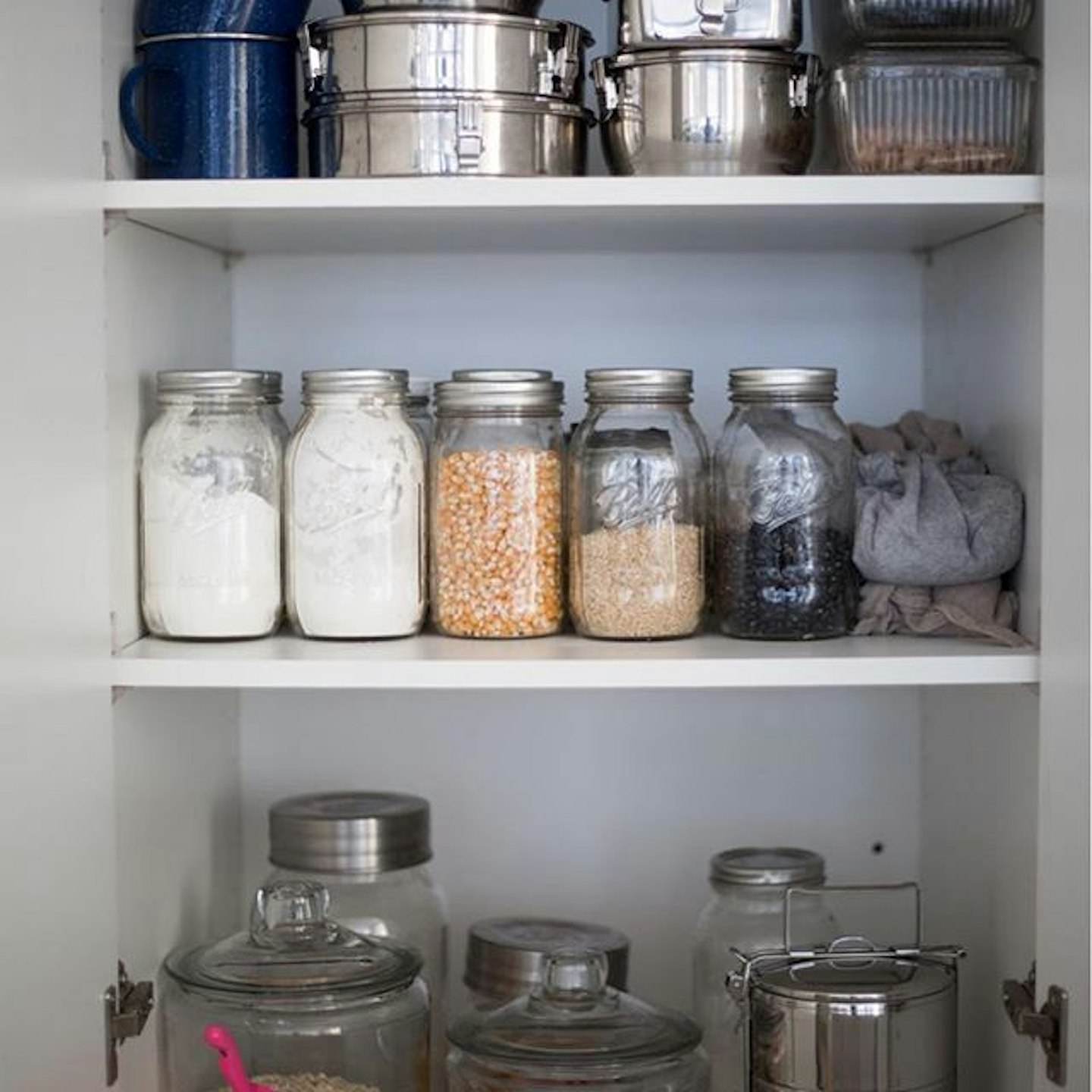 24 of 24
24 of 24Trash Is For Tossers
Lauren Singer lives an entirely waste-free life. Yes, you can actually do that. As #plasticfree takes over our news feed, it's time you had some daily advice on how exactly to reduce your waste. Save the planet!
This article originally appeared on The Debrief.
